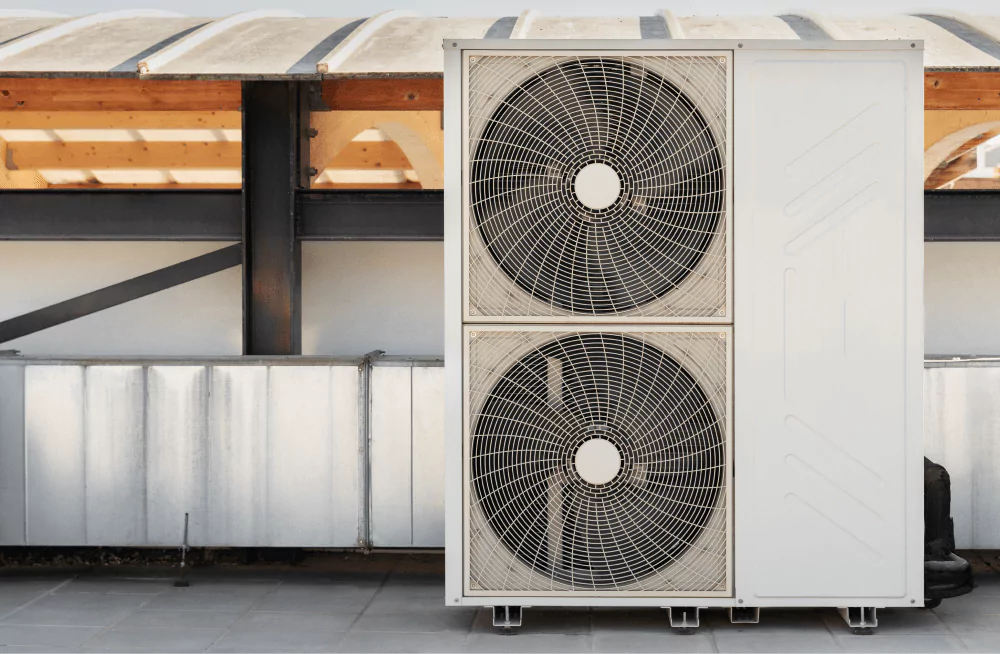
While your air conditioning system takes center stage in maintaining a comfortable indoor environment, there’s a silent partner working behind the scenes to ensure optimal efficiency—insulation. In this blog post, we unravel the often-overlooked impact of proper insulation on AC installation efficiency. Understanding how insulation contributes to the overall performance of your cooling system can lead to smarter decisions for homeowners looking to enhance comfort, reduce energy consumption, and maximize the lifespan of their AC units.
Thermal Barrier for Energy Conservation
Insulation acts as a thermal barrier, preventing the transfer of heat between the indoors and outdoors. Properly insulated homes retain cool air during the summer and resist the intrusion of outdoor heat. This thermal barrier significantly reduces the workload on your AC system, contributing to energy conservation and lower utility bills.
Minimizing Energy Loss Through Walls and Ceilings
Inefficient insulation allows conditioned air to escape through walls and ceilings. This energy loss forces your AC system to work harder to maintain desired temperatures, leading to increased energy consumption. Adequate insulation acts as a barrier, minimizing energy loss and ensuring that the cooling produced by your system stays where it’s intended—indoors.
Preserving Cool Air Distribution
Even with a high-efficiency AC system, poor insulation can compromise the distribution of cool air within your home. Rooms with inadequate insulation may experience uneven temperatures, leading to discomfort for occupants. Proper insulation facilitates consistent cooling, ensuring that each room receives its fair share of conditioned air.
Reducing Cooling System Strain
Insulation plays a crucial role in reducing the strain on your AC system. In a well-insulated home, the system can operate more efficiently, as it doesn’t need to compensate for energy losses through poorly insulated walls and ceilings. This reduced strain can contribute to an extended lifespan for your cooling system.
Preventing Heat Infiltration
During the warmer months, insulation acts as a barrier against outdoor heat infiltration. Without proper insulation, your AC system must contend with constant heat influx, leading to longer run times and increased energy consumption. Effective insulation helps your system maintain a cooler indoor environment with less effort.
Condensation Control
Insulation not only regulates temperature but also controls condensation. In humid climates, improper insulation can result in excess moisture, leading to issues like mold growth and compromised indoor air quality. Well-installed insulation prevents condensation, creating a healthier and more comfortable indoor environment.
Complementing HVAC System Efficiency
HVAC systems are designed to operate efficiently, but their performance is optimized when supported by proper insulation. Insulation complements the efforts of your AC system, allowing it to achieve and maintain desired temperatures without unnecessary energy expenditure.
Seasonal Adaptability
Effective insulation provides benefits beyond the cooling season. During colder months, insulation helps retain indoor heat, reducing the workload on your heating system. This seasonal adaptability ensures year-round energy efficiency and comfort.
Choosing the Right Insulation Materials
The impact of insulation also depends on the choice of materials. Homeowners should consider factors like R-value, which measures thermal resistance, and select insulation materials that align with the specific needs of their homes.
Professional Assessment for Optimal Efficiency
Achieving the full benefits of insulation requires a professional assessment. HVAC experts can evaluate your home’s insulation, recommend improvements, and ensure that your AC system operates at peak efficiency.
Conclusion
Proper insulation is the unsung hero in the realm of AC installation efficiency. By creating a thermal barrier, minimizing energy loss, and supporting the overall performance of your cooling system, insulation becomes a crucial component in achieving optimal comfort and energy conservation. As homeowners evaluate their HVAC systems, it’s essential to recognize the symbiotic relationship between AC installation efficiency and the silent partner—proper insulation—working diligently to maintain a cool and comfortable indoor environment.